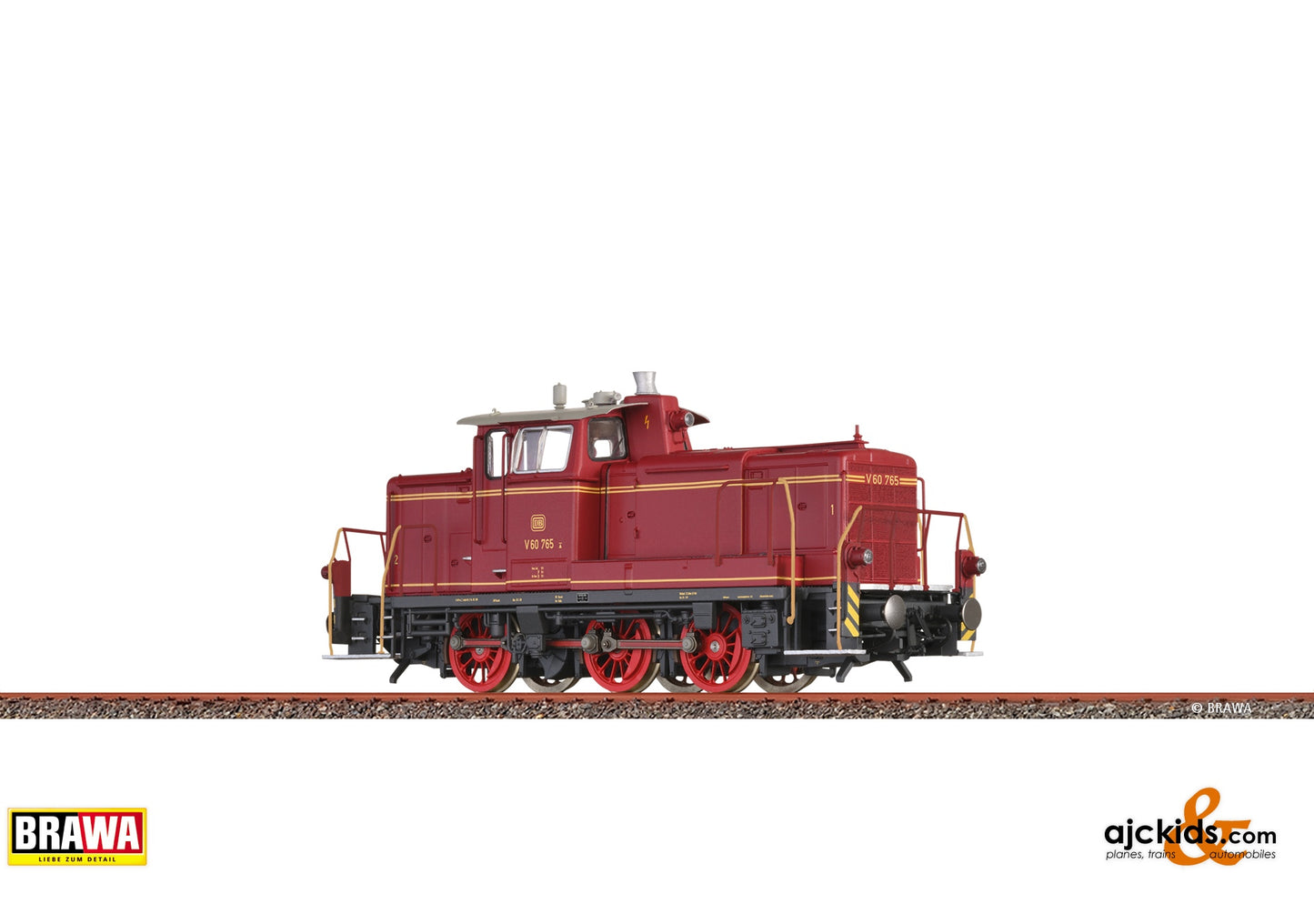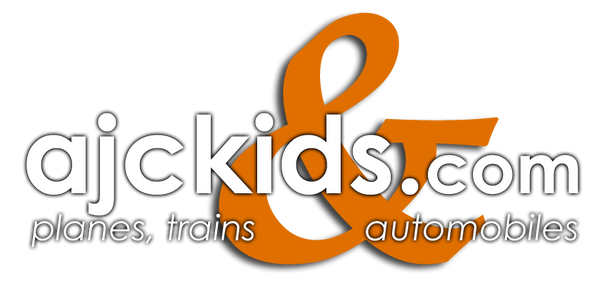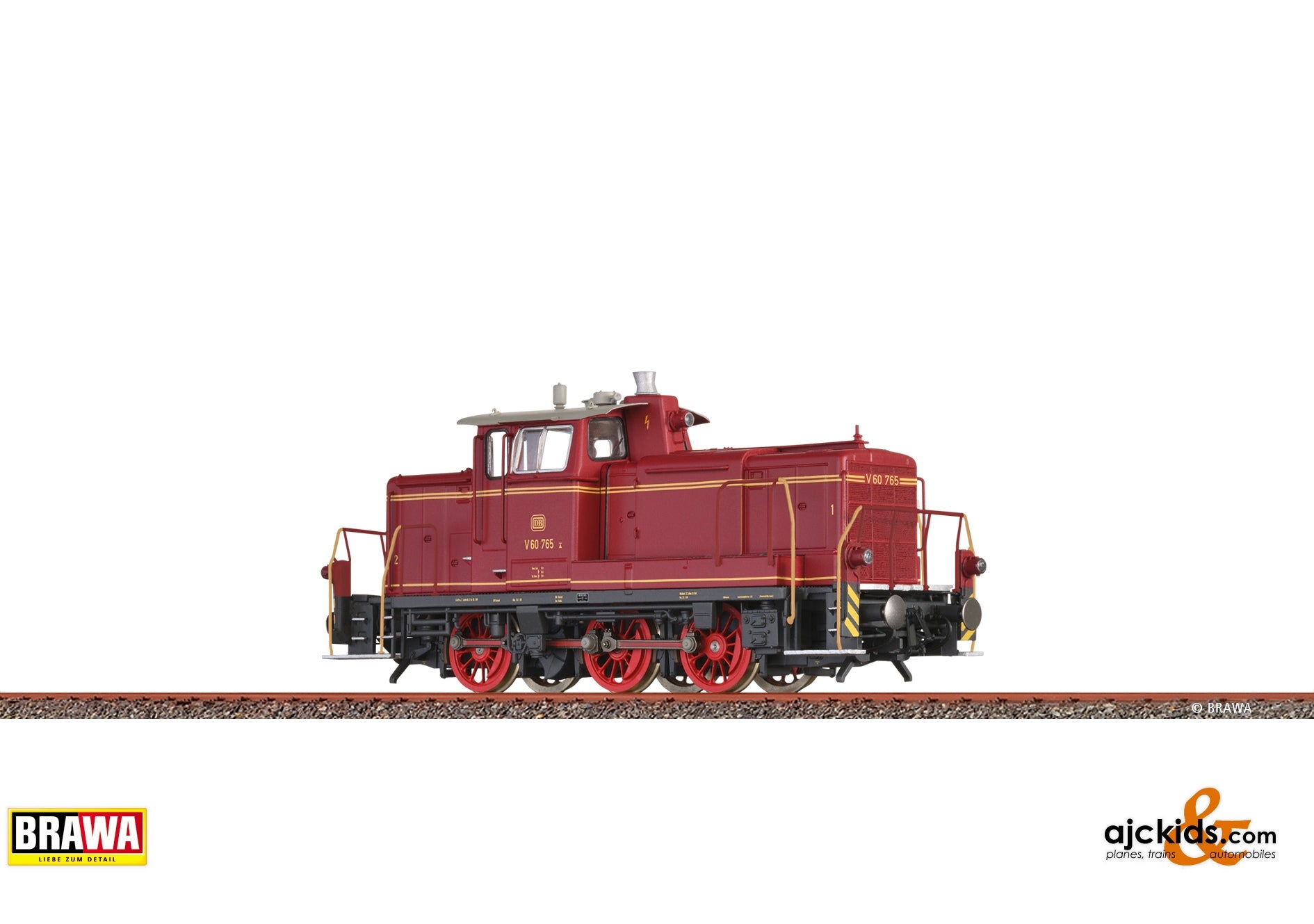Brawa 42416 - Diesel Locomotive V60 DB, DC Analog BASIC+
Diesel Loco V60 DB, Era III, DC Analog BASIC+
MODEL DETAILS
- Available for direct and alternating current
- Etched radiator grille
- Free-standing handles and handrails
- Clear view through the driver cabin
- Lights equipped with maintenance-free LEDs
- Three-point support
- Finely detailed chassis
- Finest paintwork and painting
- Reproduction of the brake linkage
- Metal frame and wheels, structure made of plastic
- NEM-standard short coupling
- Light change
EQUIPMENT DIGITAL VERSION EXTRA (DC + AC)
(Not this version)- Filigree electronic coupling (interchangeable thanks to NEM standard)
- Incl. energy storage (buffers sound, motor and light)
- Comprehensive light functions, flicker-free light provided by a separate capacitor
- Range-specific original sound with the latest sound technology
- Optimal motor and load control for perfect running characteristics
- Compatible with all common digital systems
- Driver cabin light
OVERVIEW OF TECHNICAL FUNCTIONS
|
42416 |
42418 |
42419 |
|
|---|---|---|---|
| Driving function |  |
 |
 |
| Light change (white/red) |  |
 |
 |
| Tail lights separately switchable |
 3) 3)
|
 |
 |
| Driver cabin lighting |
 4) 4)
|
 |
 |
| Shunting lights |
 1) 1)
|
 |
 |
| Light setting programmable for analogue operation |  |
 |
|
| Digital interface | PluX22 | PluX22 | PluX22 |
| Decoder |  |
 |
|
| Sound |  |
 |
|
| Energy Storage |
 2) 2)
|
 2) 2)
|
|
| Digital coupling (NEM-standard close coupling) |  |
 |
|
| Locomotive Card |  |
||
| Additional information |
|
|
|
1) Function only available in digital mode
2) Storage capacitor for interruption-free travel in sections without current or on soiled tracks
3) Tail light can be switched off in analog mode via switch (on the blind plug); digitally switchable with decoder
4) Manually switchable via switch for analog operation; digitally switchable with decoder
INFO ABOUT THE ORIGINAL
The great demand for manoeuvring locomotives combined with the commencing structural changes led the German Federal Railway to develop the V60 range. Over the next eight years, the first prototype from in 1955 was followed by 941 more locomotives. Their reliability and robustness helped the last newly developed rod diesel locomotive of Deutsche Bahn to achieve a real cult status and made them indispensable at many railway stations or in the field of freight services, even to this present day.
EAN/UPC: 4012278424163



